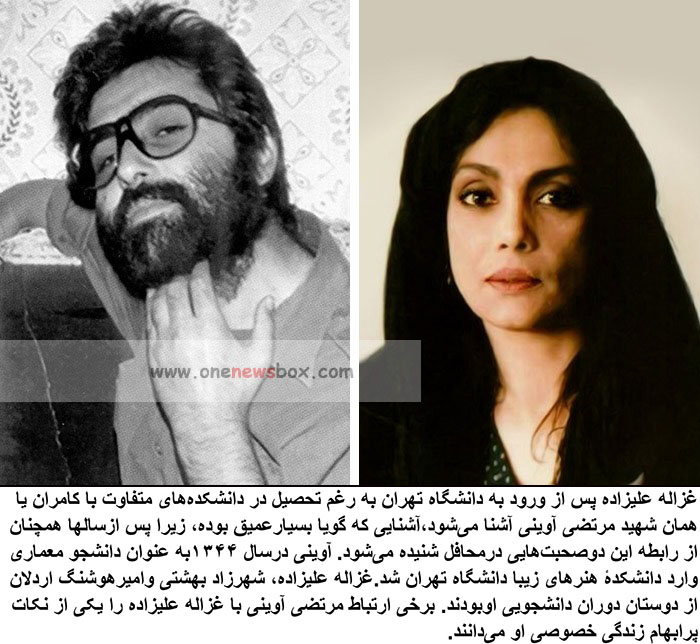As a documentarian, he captured the Iran-Iraq War not merely through the lens of realism, but through a deeply spiritual, even mystical framework. His films were steeped in the language of martyrdom, resistance, and Islamic esotericism.
This ideological shift, however, did not erase his past. In fact, it made it more enigmatic. Masoud Behnud, the veteran journalist, once remarked in a short video that Avini’s embrace of religion and the Islamic Revolution coincided in such a timely way that it enabled Kamran to become Morteza. Behnud spoke poignantly of the disappearance of Avini’s earlier life—the intellectual pursuits, the love he had for Alizadeh, the attempts at film and art—all submerged beneath the iconography of martyrdom. He noted that at Avini’s funeral, attended by tens of thousands, there was little trace of the Kamran who had once strolled the university halls, deeply infatuated with a rebellious writer.
There is also the persistent, if muted, denial by Avini’s family regarding the intensity or significance of this early relationship. In response to an article in the magazine “Shahrvand Emrooz,” members of Avini’s family—including his wife, daughter, and son-in-law—issued a joint statement attempting to correct what they saw as romantic exaggerations. They dismissed narratives of frequent quarrels and reconciliations beneath the “tall cypresses” of Tehran University, claiming that much of what was said about his pre-revolutionary years was speculative or distorted. They emphasized the need for accurate, respectful scholarship, noting that some stories—including claims of multiple suicide attempts—were outright fabrications.

